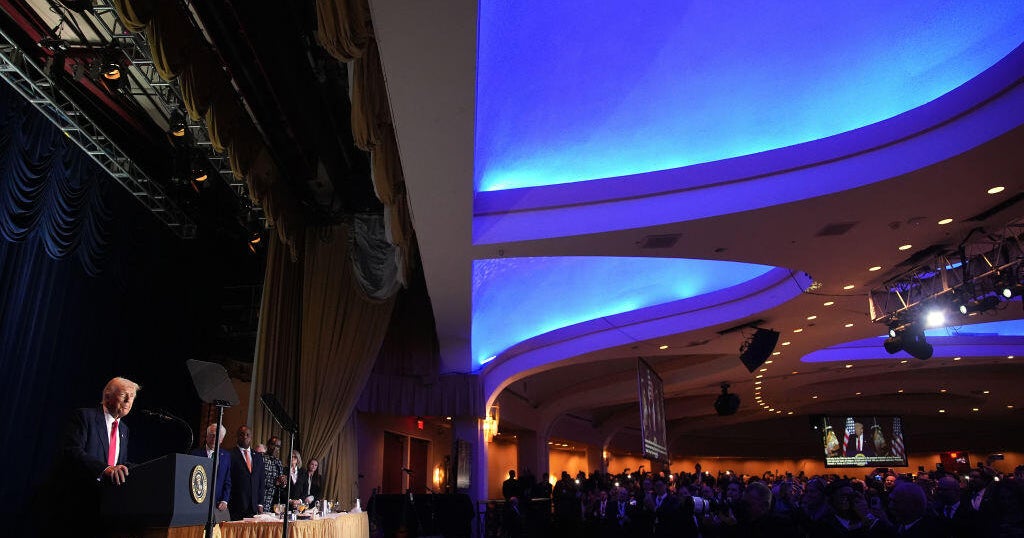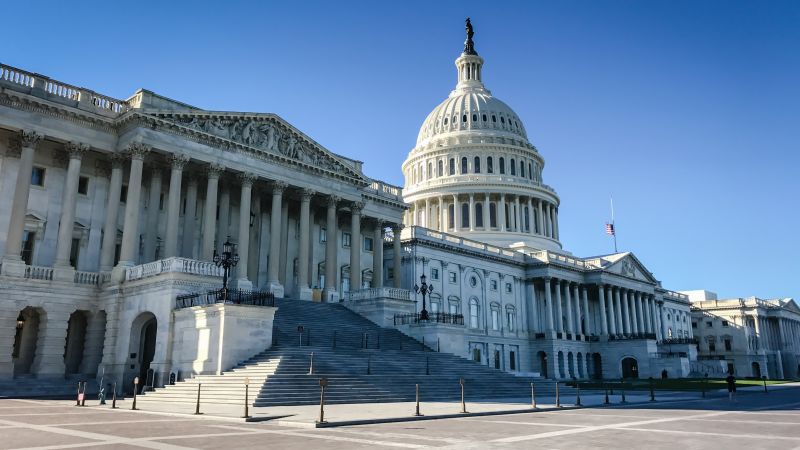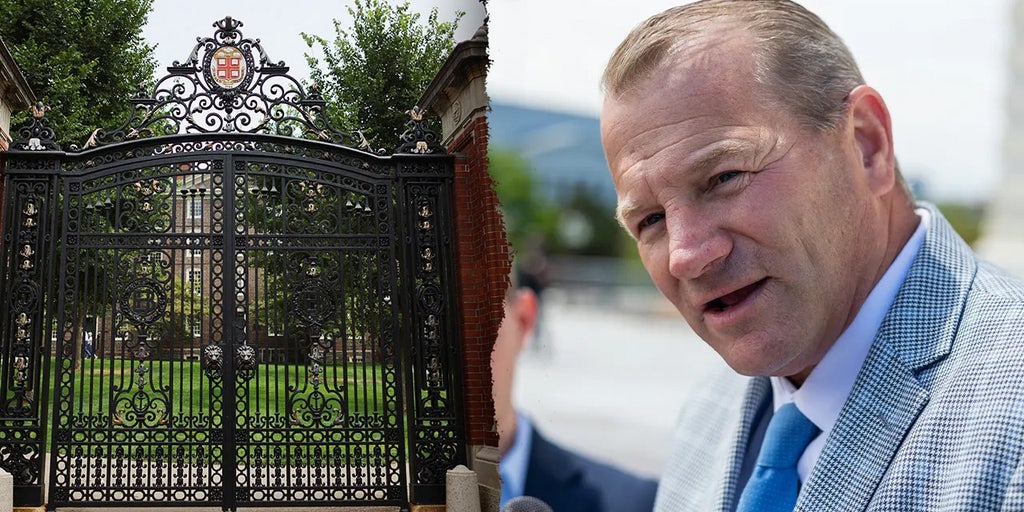Constitutional Showdown: Supreme Court to Tackle Trump's Birthright Citizenship Challenge in Landmark May Hearing
Politics
2025-04-17 22:53:52Content

In a significant legal development, the Supreme Court has temporarily paused President Donald Trump's controversial attempt to limit birthright citizenship. The court has scheduled oral arguments on this pivotal constitutional issue for May, signaling a potential landmark decision that could reshape immigration policy in the United States.
The decision to hear arguments suggests the justices recognize the profound constitutional implications of restricting birthright citizenship, a long-standing principle enshrined in the 14th Amendment. By keeping the restrictions on hold, the court is providing a careful and measured approach to examining this complex and politically charged issue.
Legal experts and immigration advocates are closely watching the case, as it could have far-reaching consequences for how citizenship is defined and granted in the United States. The upcoming arguments will likely delve into the constitutional interpretation of birthright citizenship and its historical significance.
Supreme Court Deliberates: The Future of Birthright Citizenship Hangs in the Balance
In a pivotal moment for constitutional interpretation, the United States Supreme Court finds itself at the crossroads of a complex legal debate that could fundamentally reshape the nation's citizenship landscape. The case before the highest court challenges long-standing principles of birthright citizenship, potentially setting a precedent that could redefine the very essence of American identity and belonging.Unraveling the Constitutional Fabric of Citizenship Rights
The Constitutional Foundations of Birthright Citizenship
The 14th Amendment stands as a cornerstone of American constitutional law, providing a robust framework for citizenship that has been interpreted to grant automatic citizenship to individuals born on U.S. soil. This principle, deeply rooted in the post-Civil War reconstruction era, represents a fundamental guarantee of equal rights and national inclusion. Legal scholars have long argued that the amendment's language provides an unambiguous protection against arbitrary exclusion, ensuring that place of birth trumps parental status in determining citizenship. The historical context of this constitutional provision is particularly significant. Drafted in the aftermath of slavery's abolition, the 14th Amendment was designed to ensure that no group could be systematically denied their fundamental rights. It represented a transformative moment in American jurisprudence, extending constitutional protections to all individuals born within the United States, regardless of their parents' origins or legal status.Presidential Challenges and Legal Complexities
The current legal challenge represents an unprecedented attempt to reinterpret the constitutional understanding of birthright citizenship. President Trump's proposed restrictions have ignited a complex legal and political firestorm, bringing into sharp focus the delicate balance between executive authority and constitutional interpretation. Legal experts have raised significant concerns about the potential implications of such restrictions, arguing that they could fundamentally undermine the principles of equal protection and national unity. The Supreme Court's decision to hear arguments on this matter signals the profound constitutional questions at stake. Justices will need to navigate a complex legal landscape, balancing historical precedent, constitutional intent, and contemporary immigration challenges. The potential ruling could have far-reaching consequences for millions of individuals and the fundamental understanding of American citizenship.Broader Implications for Immigration and National Identity
Beyond the immediate legal considerations, this case touches on deeper questions of national identity and social inclusion. Birthright citizenship has long been viewed as a powerful mechanism for social integration, providing a clear path to national membership for children born in the United States. The potential limitations proposed could create significant social and legal complications, potentially creating generations of individuals with uncertain legal status. Demographic experts have highlighted the potential long-term societal impacts of restricting birthright citizenship. Such a change could create complex legal and social stratifications, potentially undermining the inclusive principles that have historically defined American national identity. The case represents more than a legal technicality – it is a profound examination of what it means to be an American in the 21st century.Legal and Political Landscape of Citizenship Debates
The Supreme Court's deliberations occur against a backdrop of increasingly contentious immigration debates. Legal scholars and political analysts are closely watching the proceedings, recognizing that the court's decision could set a precedent with generational implications. The case represents a critical intersection of constitutional law, immigration policy, and national identity. The complexity of the legal arguments reflects the nuanced nature of citizenship in a diverse and dynamic society. Justices must carefully weigh constitutional principles, historical precedent, and contemporary social realities. The outcome could potentially reshape understanding of citizenship, creating new legal frameworks that could impact millions of individuals and fundamentally alter the social fabric of the United States.RELATED NEWS
Politics

Beyond Blue and Red: Young Voters' Growing Rebellion Against Political Gridlock
2025-04-28 10:30:00
Politics

Elon Musk's Workplace Ultimatum: Chaos, Confusion, and Mass Exodus at Twitter
2025-02-24 22:48:57
Politics

Power Brokers and Cocktail Whispers: Inside the Washington Hilton's Political Saga
2025-04-26 23:40:00





